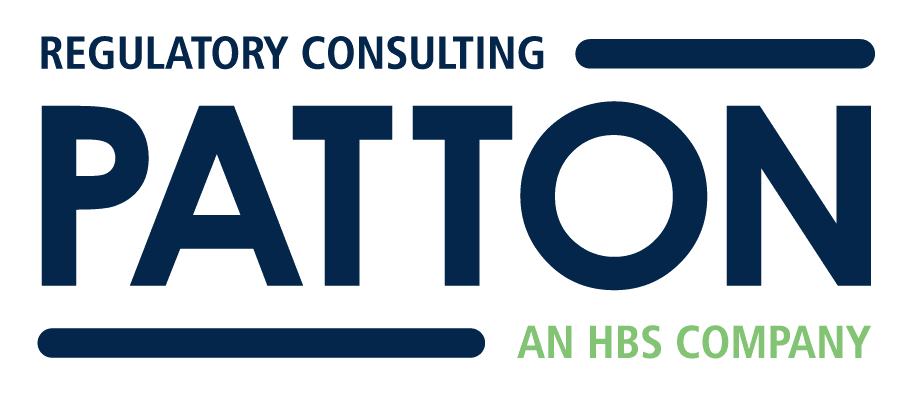Immediate Jeopardy (IJ) refers to a situation in which the health and safety of care recipients at a particular facility have been put in, are presently placed in, or are likely to be put in severe danger due to noncompliance with federal regulations. CMS makes a decision to place a facility in Immediate Jeopardy if they find these three situations:
- The facility is non-compliant with specific individual regulatory requirements.
- Serious injury, serious harm, serious impairment, or death has occurred or is likely to occur as a result of the noncompliance situation they identified.
- CMS has determined that these issues warrant taking immediate corrective action.
CMS has a worksheet that the team will complete to determine if an immediate jeopardy situation exists and they will consult with the State Agency. If the survey team determines there is a need for immediate action, then Immediate Jeopardy follows.
What is a Preliminary Denial of Accreditation
A Preliminary Denial of Accreditation (PDA) is a Joint Commission accreditation decision made when there is justification to deny accreditation to a healthcare organization for one or more of the following reasons:
- An immediate threat to the health or safety of patients or to the public. This situation is comparable to the CMS immediate jeopardy determination and immediate corrective actions are required.
- Submission of falsified documents or misrepresented information.
- Lack of a required organization or professional’s license.
- Repeated failure to resolve the requirements of Follow-up Surveys.
- Significant noncompliance with multiple Joint Commission standards.
How to Respond to CMS Immediate Jeopardy or TJC Immediate Threat to Health and Safety
Speed is of the essence. You want to be able to remove the at-risk situation as quickly as possible. CMS will prepare a concise IJ worksheet that you can use to plan corrective actions. Joint Commission will usually leave a survey report and both the team and the central office leadership will help to explain the problem identified so that you can plan and implement corrective action as soon as possible.
If your hospital has been found to be in CMS immediate jeopardy, TJC immediate threat to health and safety or any other serious survey outcomes placing your organization at risk of losing Medicare certification or accreditation, it is important to take quick and decisive action to address the non-compliant standards. Here are steps you need to take:
- Debrief with organization leaders. Once you have received the IJ worksheet or survey report, meet with your leadership team to identify the areas of deficiency and develop a plan of action. Assign a member of the senior leadership team to take the lead on each area of deficiency.
- Create an executive summary. The executive summary should be a formal record of the state of your hospital’s accreditation and regulatory status. It should include a list of non-compliant standards, the corrective actions that have been taken and a timeline for completing the corrective actions.
- Immediately notify your board and medical staff of the findings and the plan of action and to get their assistance in implementing corrective actions.
- Secure participation of legal counsel and an accreditation & regulatory compliance consultant. Legal counsel can help you address any legal concerns related to the survey report. Your accreditation and regulatory consultant can assist with the development of a comprehensive plan to address the deficiencies, monitor compliance, and document actions taken.
- Perform a root cause or “5 Whys” analysis. Identify the root cause(s) of the deficiencies. This will help you develop a plan of action that is effective in preventing future problems.
- Document your corrective action plan.
- Start interventions. Change your hospital’s policies and procedures as necessary. Make sure to keep track of the versions of your policies and procedures before and after the survey. Educate your staff on the changes to your policies and procedures. Keep a record of the dates when these changes and actions have occurred.
- Monitor the results. Develop a monitoring plan to track the effectiveness of your corrective actions. Report the results of your monitoring plan to your leadership team and your board.
- When you are sure you have corrected the at risk situation, let CMS or TJC know as they will want to come verify implementation of corrective actions.
Final Preparation and Follow Up Steps
Once these aforementioned steps are complete, you can focus on the multiple non IJ compliance issues and prepare your CMS corrective actions or TJC evidence of compliance and prepare for any planned follow up survey activities.
- Assemble an evidence binder that demonstrates that you have corrected the deficiencies. This binder should include copies of your revised policies and procedures, documentation of your staff training, the dates of these actions, and any other evidence that supports your claim of compliance. Also include your corrective action plan.
- Conduct mock follow-up surveys to prepare your staff for the actual survey. Focus on the corrective actions that you have taken to address the deficiencies.
Patton Healthcare Consulting
Although Immediate jeopardy and preliminary denial of accreditation are crisis situations, they can become learning opportunities when the situation has been fully analyzed and corrected. Patton Healthcare Consulting excels at helping organizations respond to Immediate Jeopardy or Preliminary Denial of Accreditation decisions and recover from them. We assist in a variety of areas including:
- Clarifying TJC findings
- Developing and implementing CMS plans of correction
- TJC Abatement or CMS removal survey preparation
- Review Hearing Panel preparation
- 5-day notice of appeal letters
Plus, the additional support necessary to mitigate adverse decisions. Contact us today to learn how we can help your organization.


Leave a Reply